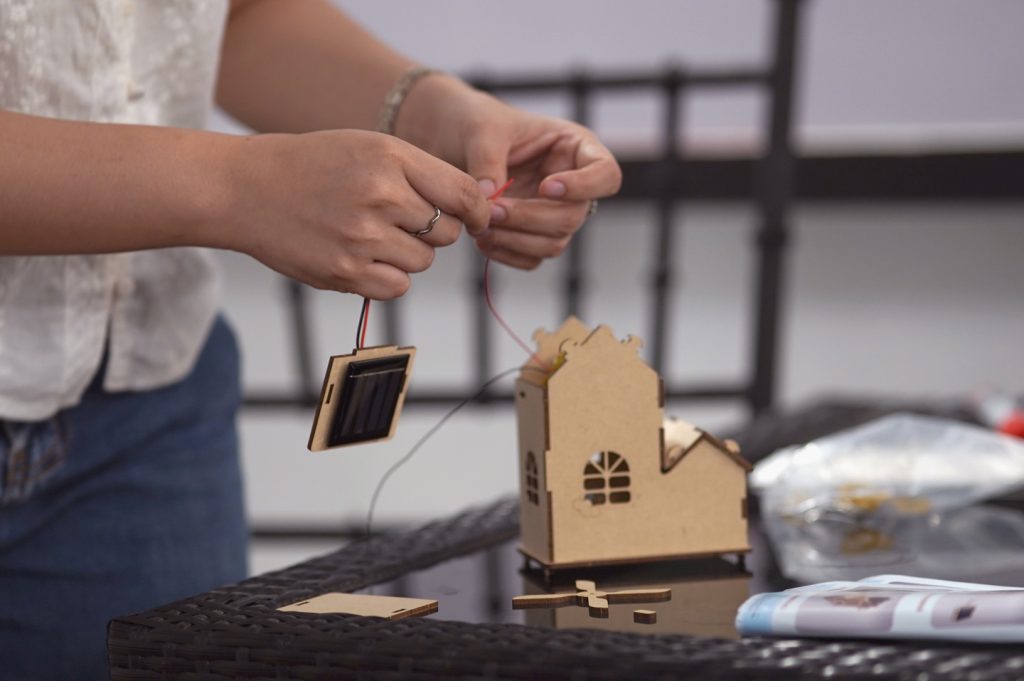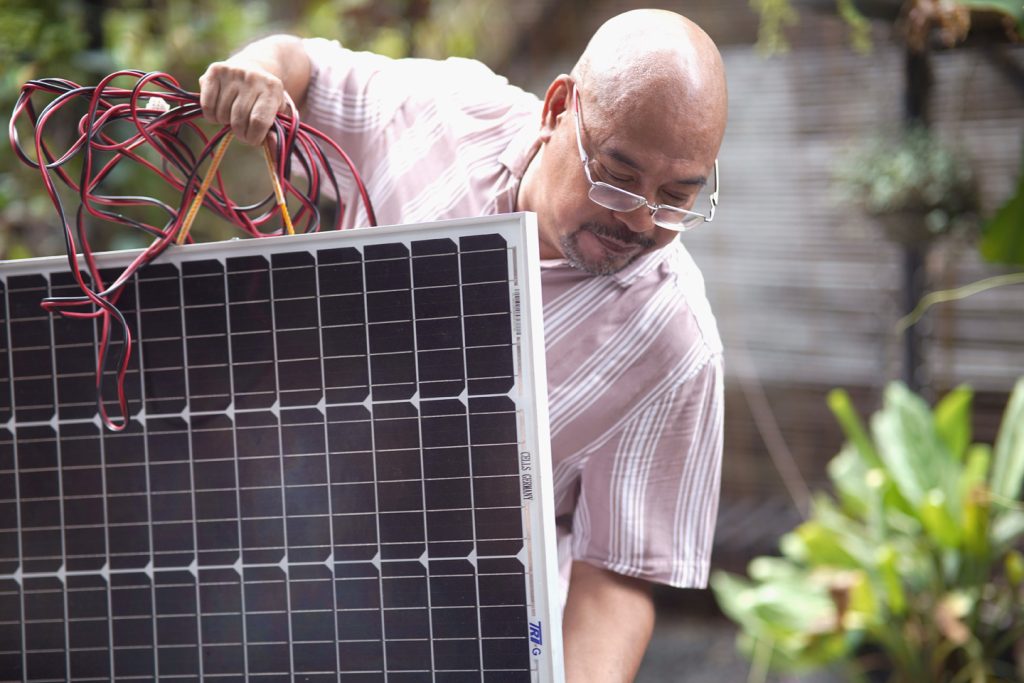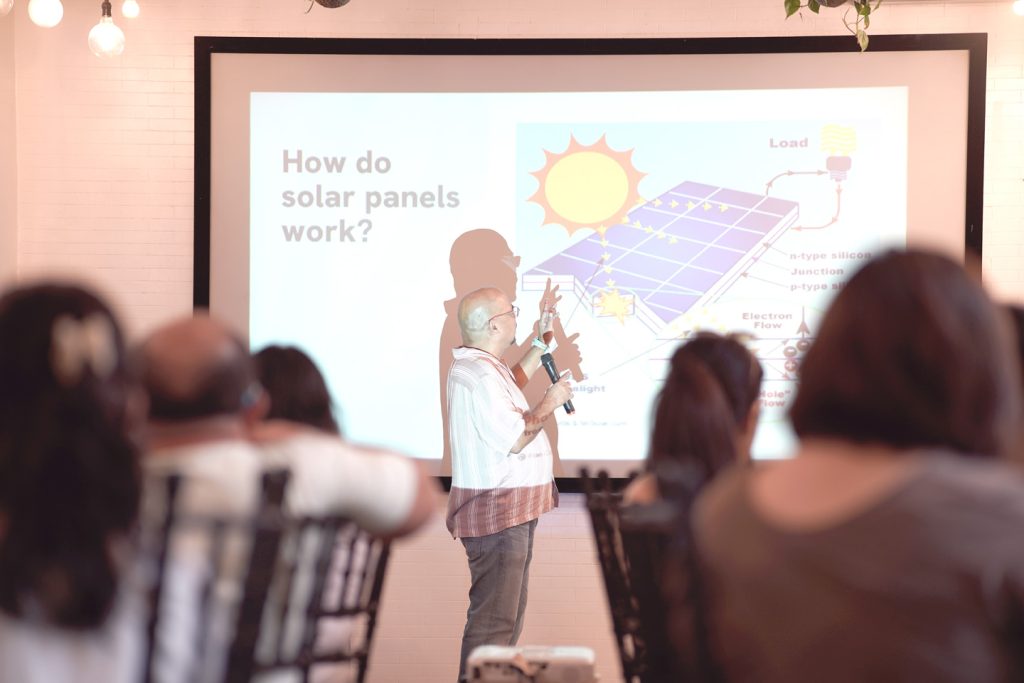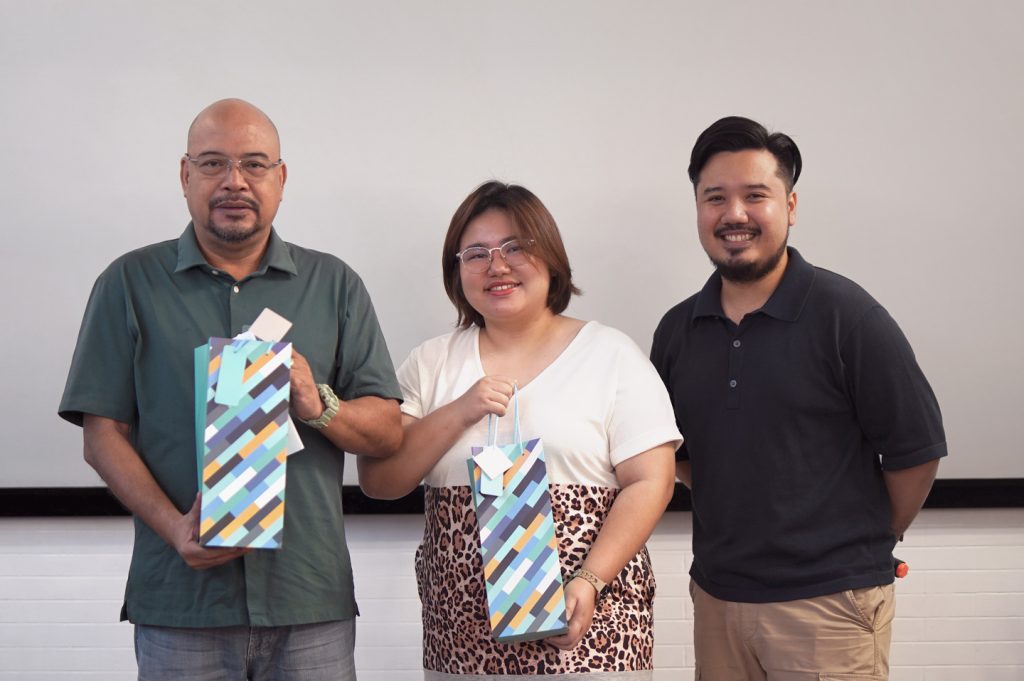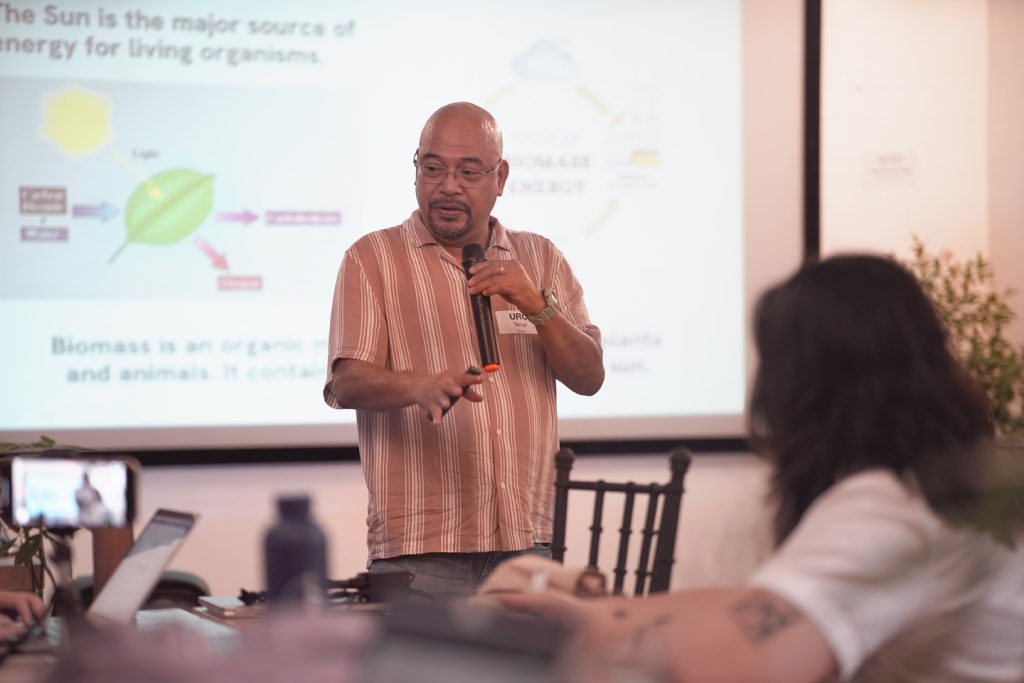CAVITE, PHILIPPINES — Last May 24, the Let’s Go Renewable 101 event brought together key stakeholders, experts, and advocates to discuss the vital role of solar energy in achieving an affordable, locally available, and clean energy-powered future for the Philippines. With the growing urgency to address climate change and the need for energy independence, the gathering served as a crucial platform to inspire and encourage Filipinos to explore the benefits and possibilities of solar energy and to foster a greener, more equitable, and resilient energy sector. The two-day event featured engaging presentations and discussions that showcased the practical advantages and transformative potential of solar power for homes and businesses.
Brenda Valerio, Country Director AT New Energy Nexus Philippines, shared the profound impact solar power can have on transforming the energy landscape in the Philippines. She emphasized the various organizations the NGO has supported and funded in their endeavors to innovate and make solar energy systems accessible to Filipinos. Brenda further underscored the potential of solar power to create a more just, equitable, and inclusive clean energy sector.
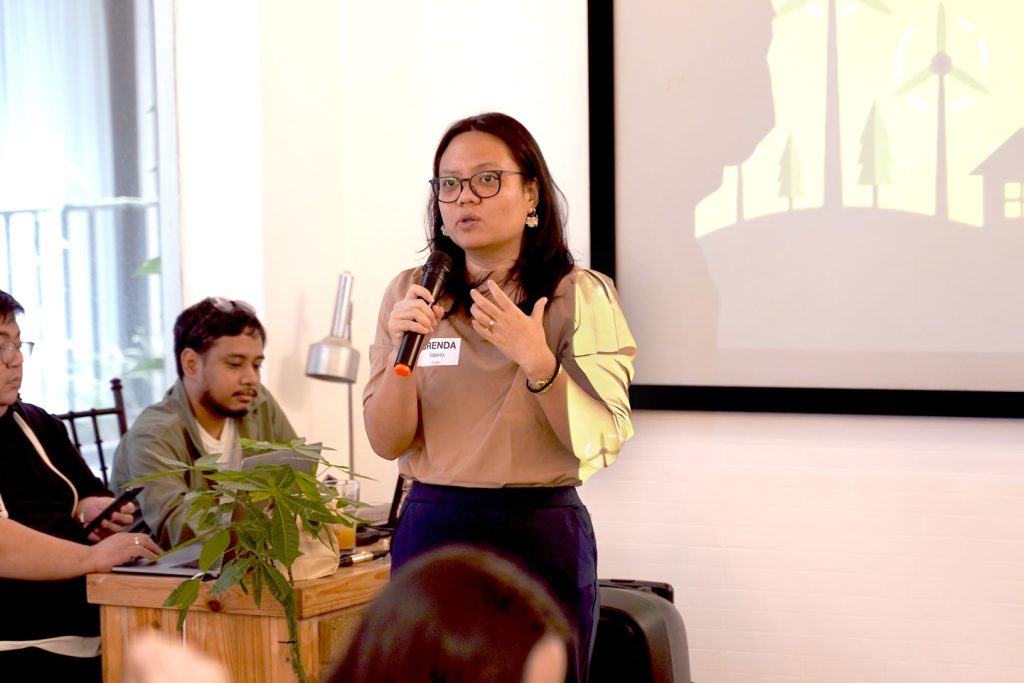
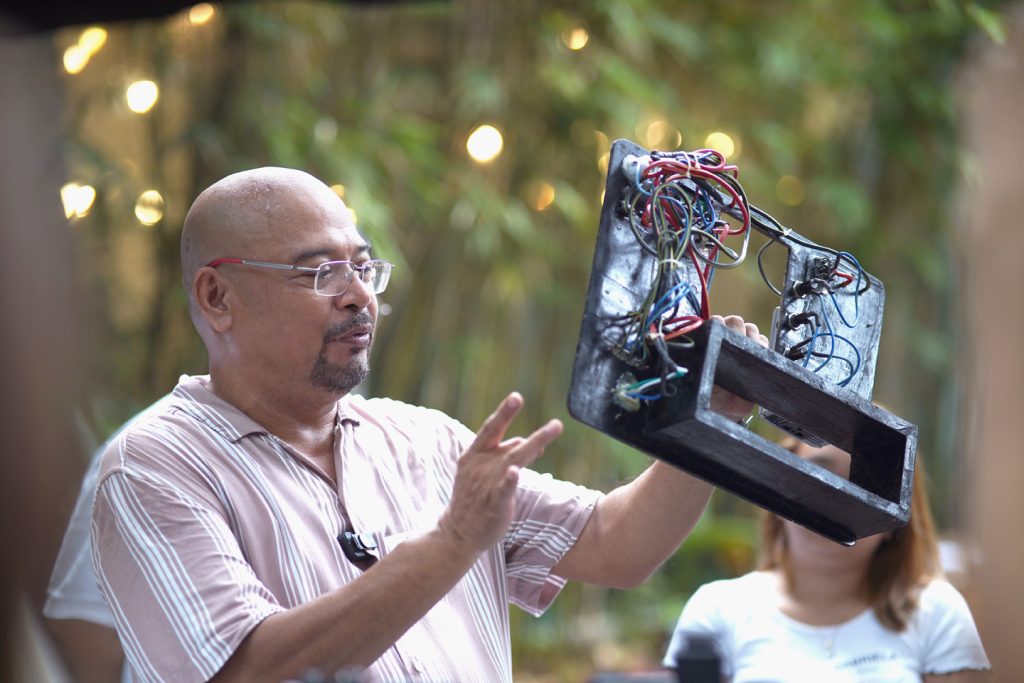
Arturo Tahup, Director for Community Resilience at the Institute for Climate and Sustainable Cities (ICSC), addressed several common solar energy myths.
One prevalent myth is solar energy is too expensive. “Renewable energy sources such as solar, hydro, and wind are more affordable and cleaner than traditional fossil fuels,” Arturo explained. “Since these resources are indigenous to the Philippines, they offer a cost-effective solution for energy needs.” He also highlighted that adopting solar energy can lead to significant cost savings for both households and businesses.
Another barrier is the perception that solar energy is too technical, which may deter others from exploring their options. “With proper education and training, setting up solar energy systems is straightforward,” Arturo said. “Communities can invest in learning about solar technology since it is accessible and manageable with proper guidance.”
Arturo also addressed the misconception that solar energy is too unreliable. “Solar energy, being abundant and indigenous to the Philippines, is one of the most reliable energy sources available to Filipinos. Unlike finite and imported fossil fuels, solar energy provides a consistent and sustainable power supply.”
Additionally, Arturo shared inspiring stories of how solar energy projects have positively impacted various communities, providing reliable and sustainable energy solutions that have significantly improved the quality of life for many Filipinos.
Filipinos interested in embarking on their journey toward solar energy adoption are highly encouraged to begin by assessing their energy needs and consumption. To assist with this process, these user-friendly solar calculators are recommended:
For those seeking credible solar installers, the following resources offer valuable assistance:
Implementing solar energy systems offers short- and long-term benefits for individual consumers and enterprises in the Philippines. These advantages may include significant savings on electrical bills and operations expenses and the potential to generate new revenue streams through innovative solar power applications. By embracing solar energy, Filipinos not only contribute to a cleaner environment but also enhance the resilience of the nation’s energy system. Ultimately, this transition can lead to an improved quality of life for all, fostering a sustainable and thriving future for the Philippines.
